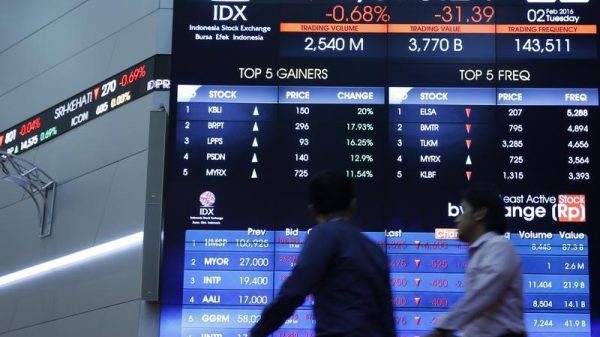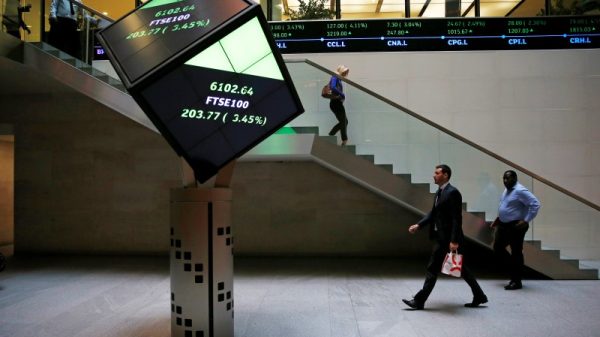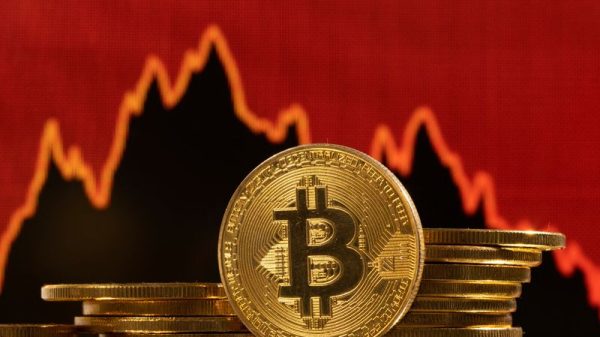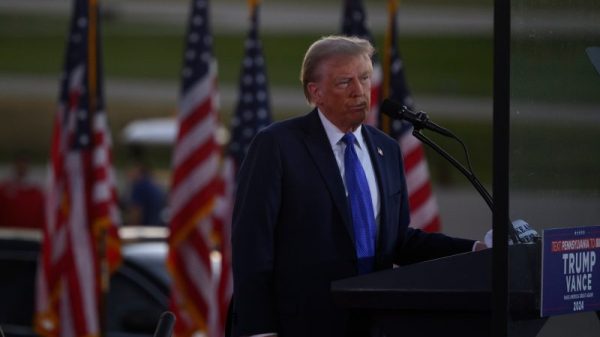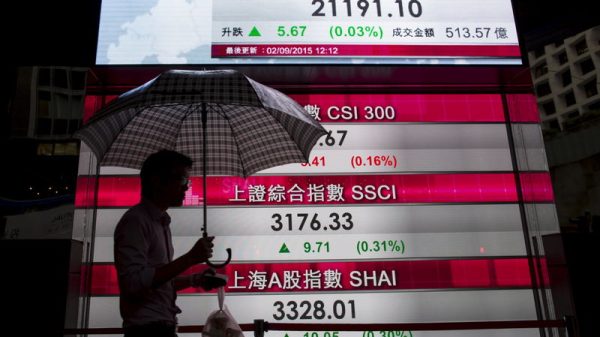 Market futures are seeing a slight decrease as traders and investors brace themselves for the release of upcoming business activity data. This apprehension is also being fueled by ongoing geopolitical tensions, which can have a significant impact on worldwide markets.
Market futures are seeing a slight decrease as traders and investors brace themselves for the release of upcoming business activity data. This apprehension is also being fueled by ongoing geopolitical tensions, which can have a significant impact on worldwide markets.
Business activity data serves as a key indicator of economic health, providing insights into how businesses are performing. If this data indicates slowing or declining activity, it can spark concerns about the overall strength of the economy, causing a sell-off in markets.
Geopolitical tensions can also impact markets by creating uncertainty. Issues such as conflicts, trade wars, and international policy disputes can cause investors to worry about potential effects on global trade and economic stability, leading to a more cautious market attitude.
As a result of these factors, some investors may choose to assume a more defensive position in their portfolios, perhaps shifting towards traditionally safer assets until there is more clarity on economic and geopolitical outcomes.
It’s important to note that market futures are not a guaranteed prediction of how the market will move when it opens – they merely give an indication of how the market could move based on current information.

